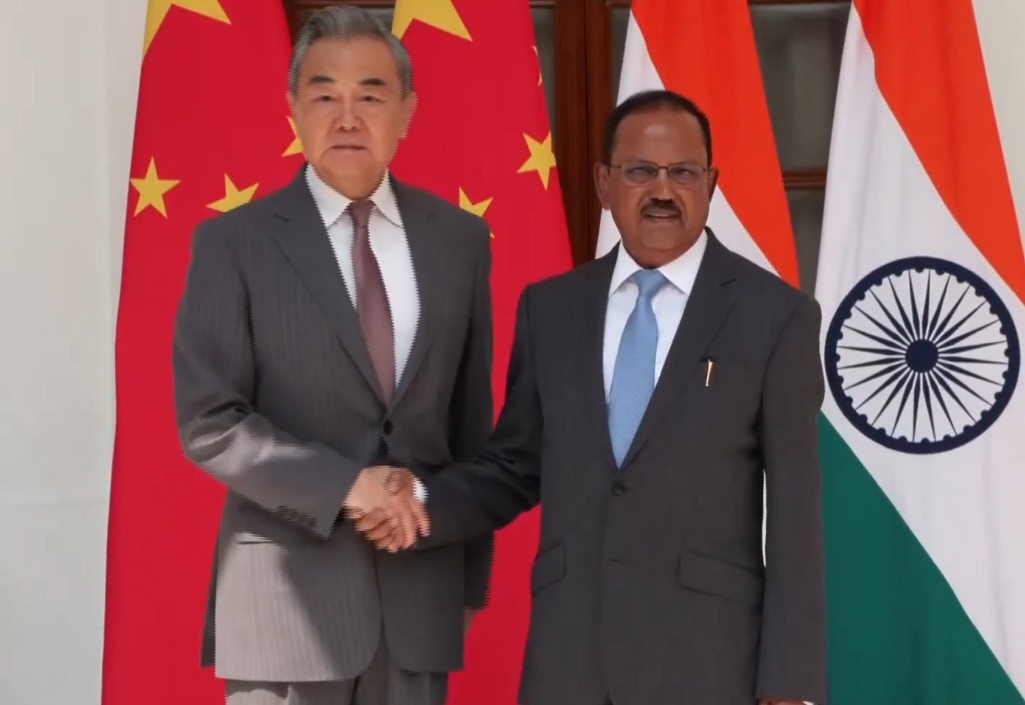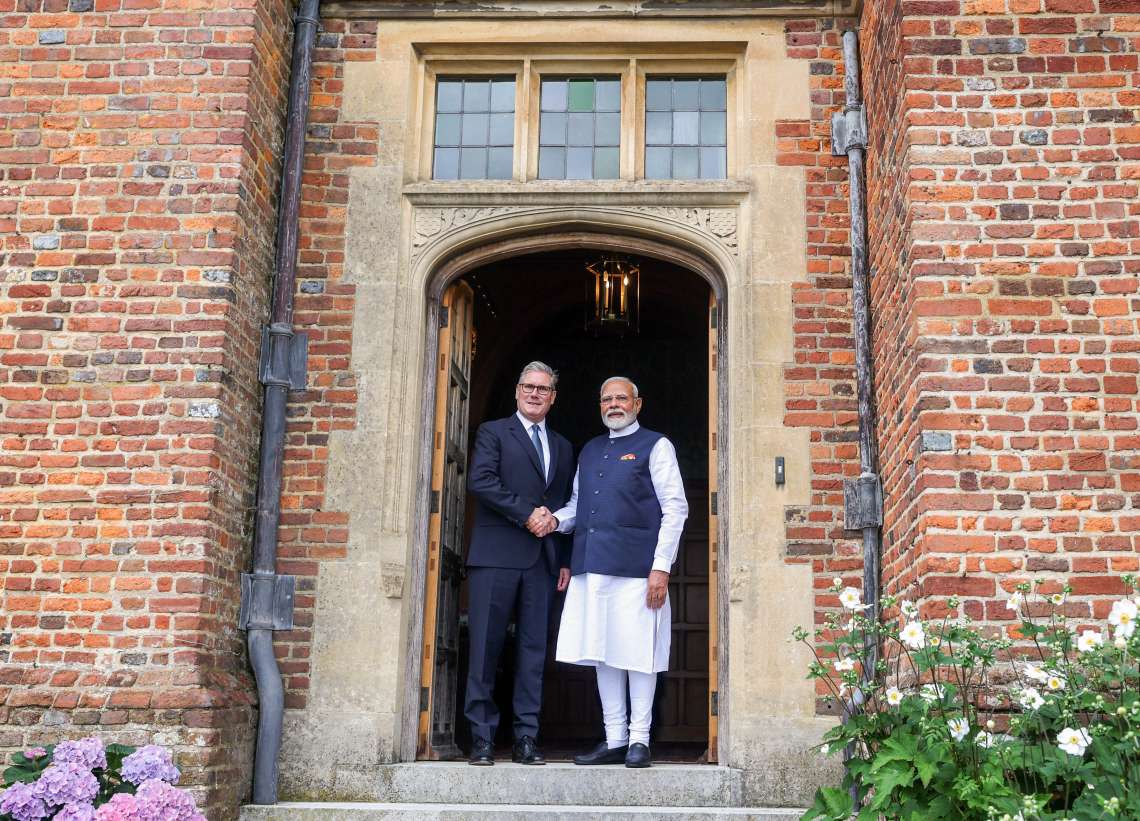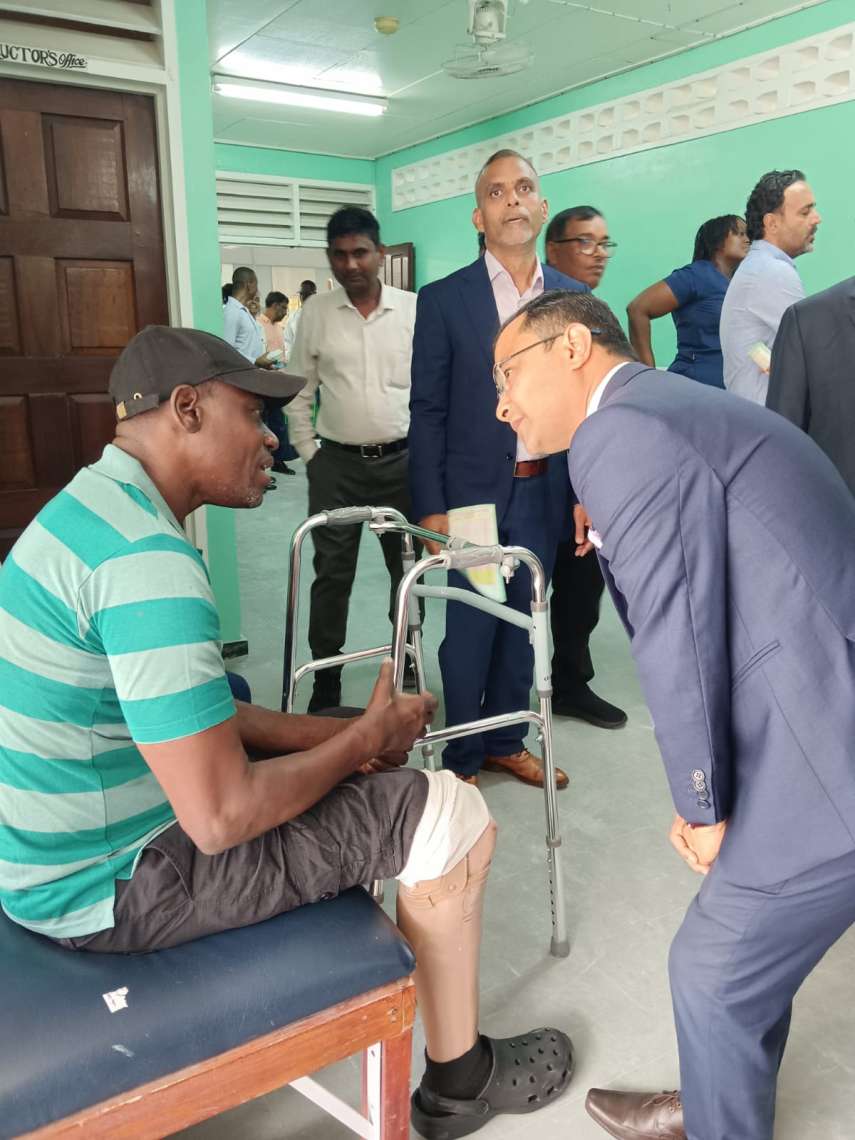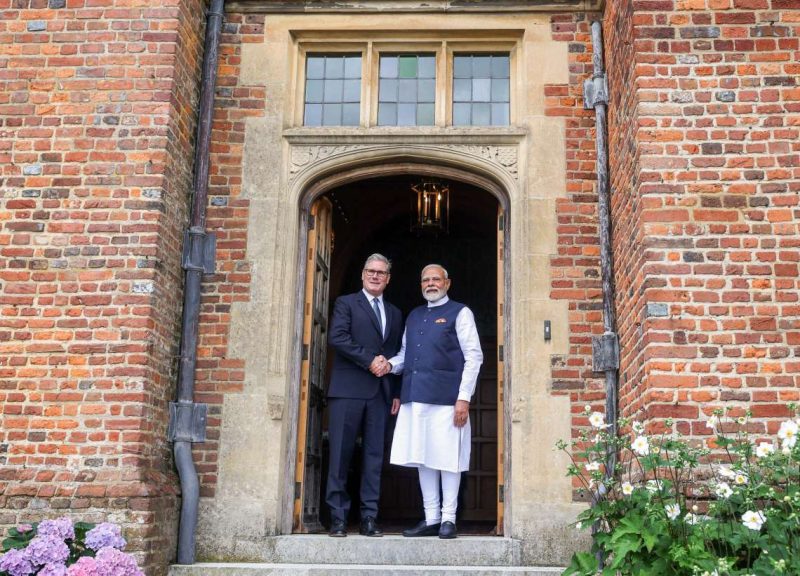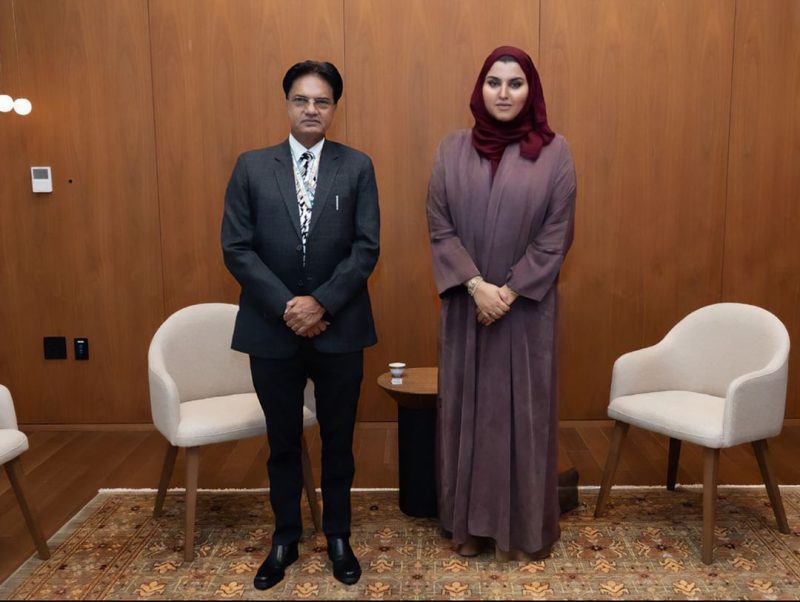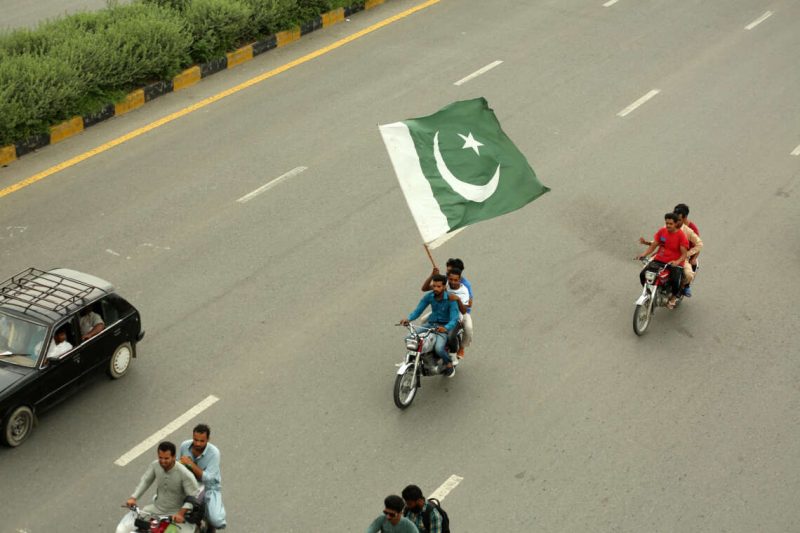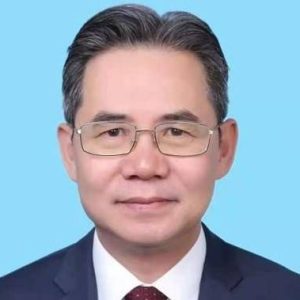The meetings could see both sides deliberate on a range of key issues, including the border situation, trade and resumption of flight services….reports Asian Lite News
National Security Advisor Ajit Doval met Chinese Foreign Minister Wang Yi at Hyderabad House in New Delhi on Tuesday for a new round of Special Representatives’ talks on the boundary issue.
Wang Yi arrived in India late Monday afternoon on a two-day visit.
The meetings could see both sides deliberate on a range of key issues, including the border situation, trade and resumption of flight services.
According to the Chinese foreign ministry, Wang Yi’s visit will help both countries work together to implement the consensus reached between the country’s President Xi Jinping and Prime Minister Narendra Modi last year.
“When asked about China’s expectation regarding Chinese Foreign Minister Wang Yi’s visit to India and the 24th Round of Talks Between the Special Representatives of China and #India on the Boundary Question, Chinese Foreign Ministry spokesperson Mao Ning said that China is willing to take the opportunity of Wang’s visit to India to work together with the Indian side in implementing the important consensus reached by the leaders of the two countries, maintain the momentum of high-level exchanges, enhance political mutual trust, strengthen practical cooperation, properly manage differences, and promote the sustained, healthy, and stable development of China-India relations,” Chinese Ambassador to India, Xu Feihong posted on X highlighting the comment made during Monday’s regular media briefing in Beijing.
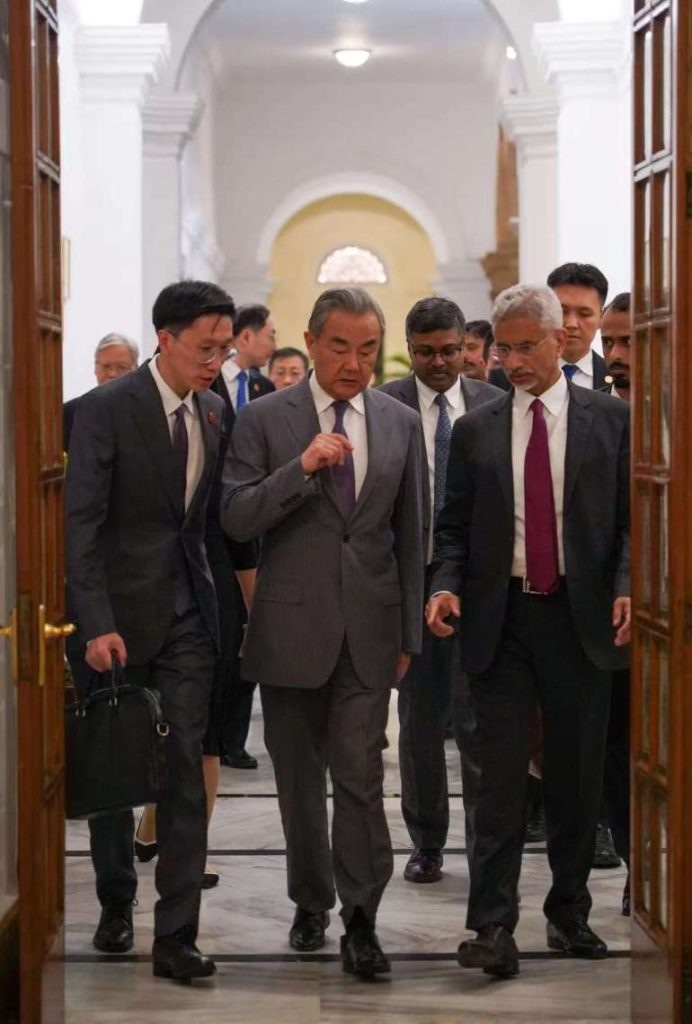
Earlier on Monday, the Chinese Foreign Minister met External Affairs Minister (EAM) S. Jaishankar. During this, EAM Jaishankar emphasised that it is essential that the process of de-escalation moves forward, adding that the basis for any momentum in India-China ties remains the ability to jointly maintain peace and tranquillity in the border areas.
“You, Excellency, will of course be discussing border issues with our Special Representative, National Security Adviser Ajit Doval, tomorrow. This is very important because the basis for any positive momentum in our ties is the ability to jointly maintain peace and tranquillity in the border areas. It is also essential that the de-escalation process move forward,” Jaishankar said in his opening remarks during the meeting with visiting Chinese Foreign Minister Wang Yi in New Delhi.
Foreign Secretary Vikram Misri and other officials were also present during the meeting, which took place shortly after the Chinese Foreign Minister arrived in the Indian capital on a two-day visit.
“When the world’s two largest nations meet, it is natural that the international situation will be discussed. We seek a fair, balanced and multi-polar world order, including a multi-polar Asia. Reformed multilateralism is also the call of the day,” the EAM said.
“In the current environment, there is clearly an imperative to maintain and enhance stability in the global economy as well. The fight against terrorism in all its forms and manifestations is another major priority. I look forward to our exchange of views,” he added.
EAM Jaishankar noted that the meeting provides both sides an opportunity to review bilateral ties and exchange views on the global situation, including some issues of mutual interest.
He stated that the discussions will cover economic and trade issues, pilgrimages, people-to-people contacts, river data sharing, border trade, connectivity and bilateral exchanges.
“Having seen a difficult period in our relationship, Excellency, our two nations now seek to move ahead. This requires a candid and constructive approach from both sides. In that endeavour, we must be guided by the three mutuals – mutual respect, mutual sensitivity and mutual interest. Differences must not become disputes, nor competition conflict. Today, our talks will cover economic and trade issues, pilgrimages, people-to-people contacts, river data sharing, border trade, connectivity and bilateral exchanges. I would like to follow up on some particular concerns that I had brought up with you, Excellency, when I visited China in July,” the EAM stated.
India, he said, has worked closely with China during its ongoing Presidency of the Shanghai Cooperation Organisation (SCO). With the SCO Summit in Tianjin scheduled to take place on August 31-September 1, an event which will also be attended by Prime Minister Modi, EAM Jaishankar wished Wang Yi a successful summit with “strong outcomes and decisions.”
“Overall, it is our expectation that our discussions would contribute to building a stable, cooperative and forward-looking relationship between India and China, one that serves both our interests and addresses our concerns,” the EAM added.


